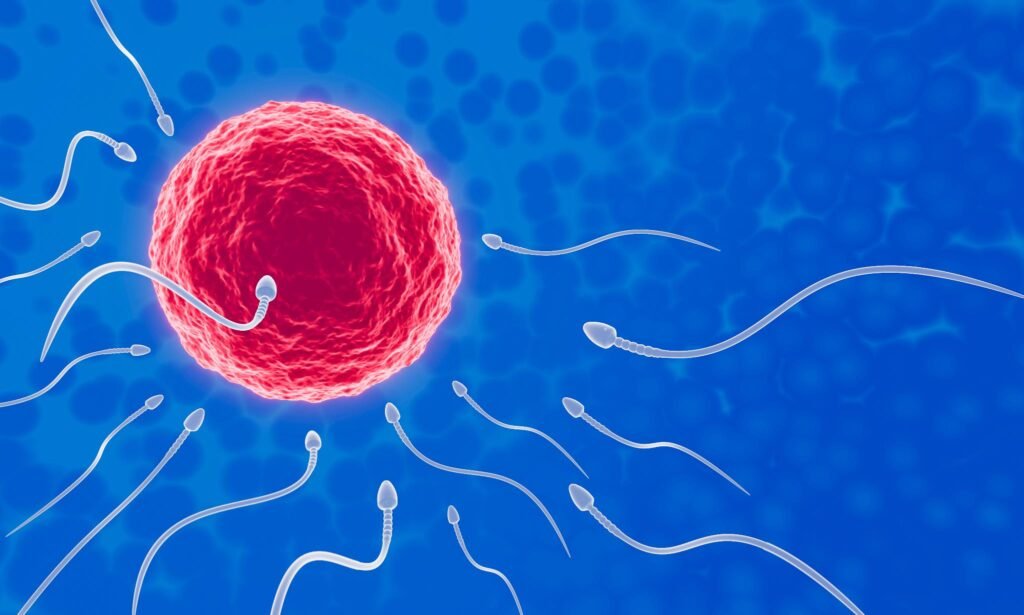
IVF (In vitro fertilization)
Assisted reproductive procedure in which mature eggs are retrieved from stimulated ovaries and sperms from the partner are fertilized in IVF lab and resulting embryos are transferred in the uterus of wife.
ICSI (Intracytoplasmic Sperm Injection)
Special embryology laboratory procedure in which sperm is directly injected inside the mature egg for the fertilization process.
Who should go for IVF?
- Ovulation disorders
- Poor egg reserve
- Endometriosis – Moderate or severe
- Blocked or damaged fallopian tubes
- Thin uterine lining
- Low sperm count or motility or poor morphology
- Unexplained infertility
- Recurrent miscarriages
Who needs ICSI?
Male factor infertility – Very low sperm count, low motility, poor morphology (OATS), Azoospermia (No sperms in semen – ICSI with testicular sperms)
Non-male factor infertility
- Failed and poor fertilization in previous IVF cycles
- Fertilization after in vitro maturation (IVM)
- Fertilization of cryopreserved oocytes
- Preimplantation genetic screening (PGS)
- Frozen semen sample
What are the steps of IVF ICSI?
- Ovarian stimulation by hormonal injections
- Follicular monitoring
- Trigger injection for egg maturation
- Egg pickup under short general anesthesia
- Fertilization by IVF or ICSI in embryology lab
- Embryo transfer in cleavage/blastocyst in fresh/frozen cycle
- Luteal phase support
What is the success rate?
Up to 80 to 85 % in 2 to 3 attempts

 9667222765
9667222765 drbhavanasingla@gmail.com
drbhavanasingla@gmail.com
